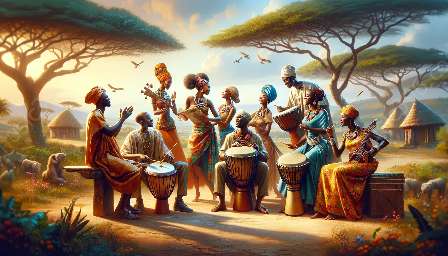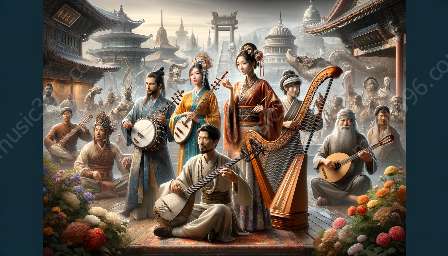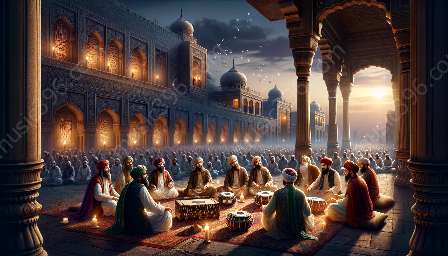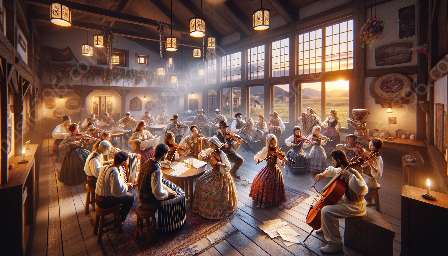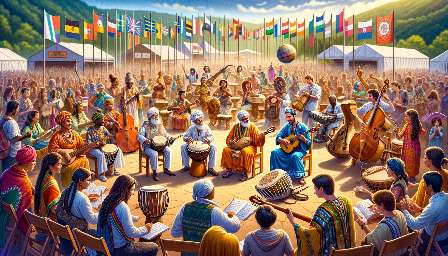Gypsy music, with its deep roots and vibrant cultural heritage, holds a significant place in the realm of world music. This topic cluster aims to explore the rich cultural identity and heritage in Gypsy music, shedding light on its history, influences, and its impact on the world music scene.
History of Gypsy Music
Gypsy music, often referred to as Romani music, is deeply rooted in the centuries-old traditions of the Romani people. The Romani, an ethnic group with diverse origins across Europe, Asia, and the Middle East, have significantly contributed to the cultural tapestry of the regions they have inhabited. Notably, their music has played a crucial role in preserving and expressing the collective experiences and identities of their communities.
Influences and Characteristics
The unique and captivating sound of Gypsy music is a result of a myriad of influences from the various regions where the Romani people have traveled and settled. Elements from Eastern European, Spanish, Turkish, and Indian music traditions can be found woven into the fabric of Gypsy music, giving rise to its distinct and eclectic style. Characterized by its evocative melodies, intricate ornamentation, and emotional depth, Gypsy music stands out as a genre that encapsulates the joys, sorrows, and resilience of the Romani people.
Significance in World Music
Gypsy music holds a significant place in the world music landscape, captivating audiences with its emotive performances and cultural richness. Its influence can be felt in diverse musical genres, from jazz and folk to classical and contemporary music. The unique blend of traditional and modern elements in Gypsy music reflects the ongoing evolution of cultural identity and heritage, making it an invaluable contribution to the world of music.
The Global Reach of Gypsy Music
Despite its deep cultural associations, Gypsy music has transcended geographical boundaries, captivating listeners worldwide. Its emotive and spirited performances have earned it a place on the global stage, enriching the world music scene with its distinctive flair and storytelling prowess.
Preservation and Evolution
As the cultural identity and heritage of the Romani people continue to evolve, Gypsy music undergoes a similar journey, embracing modern influences while staying true to its roots. Efforts to preserve and celebrate the traditions of Gypsy music play a crucial role in maintaining the authenticity and significance of this art form, ensuring that its legacy continues to resonate with future generations.






